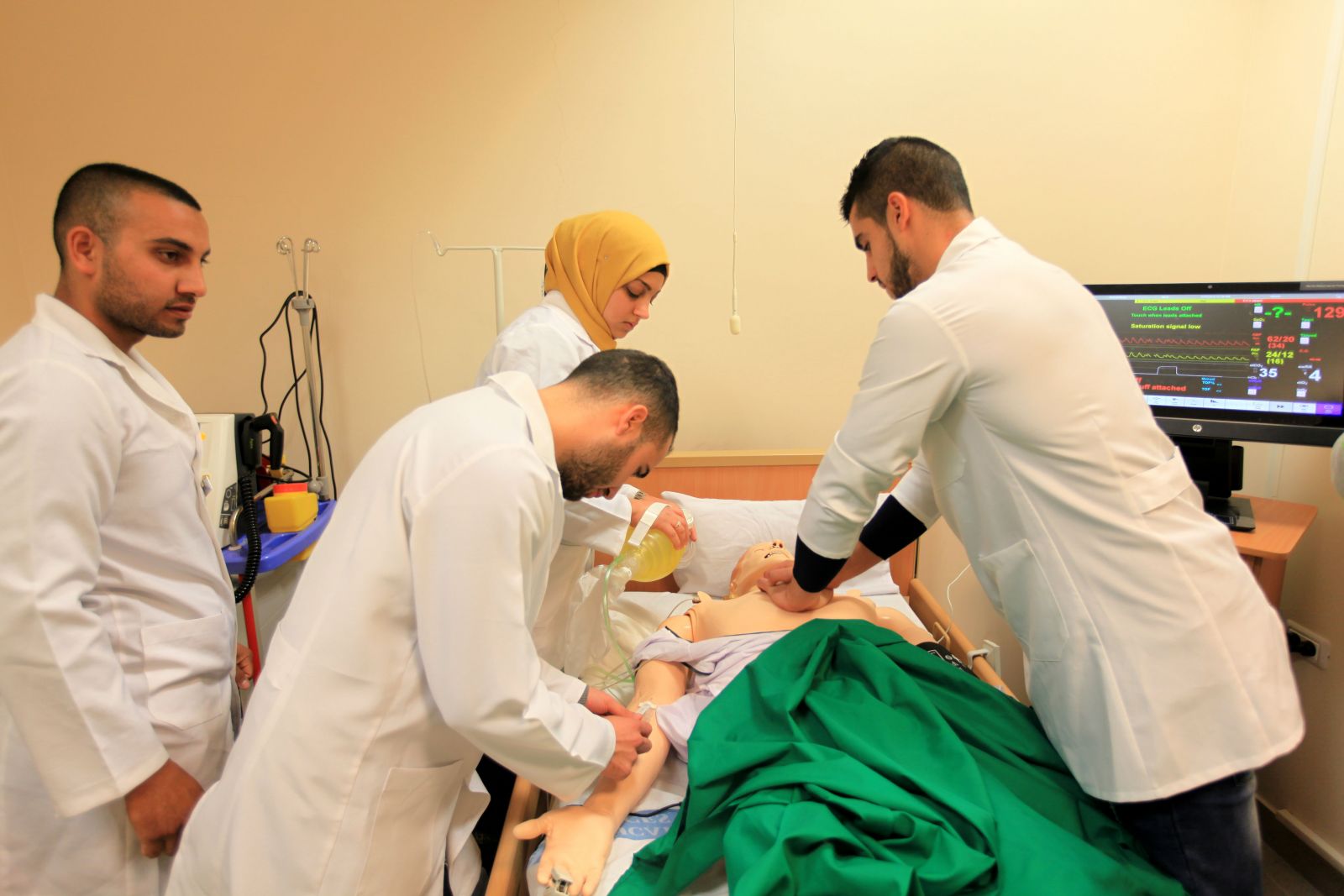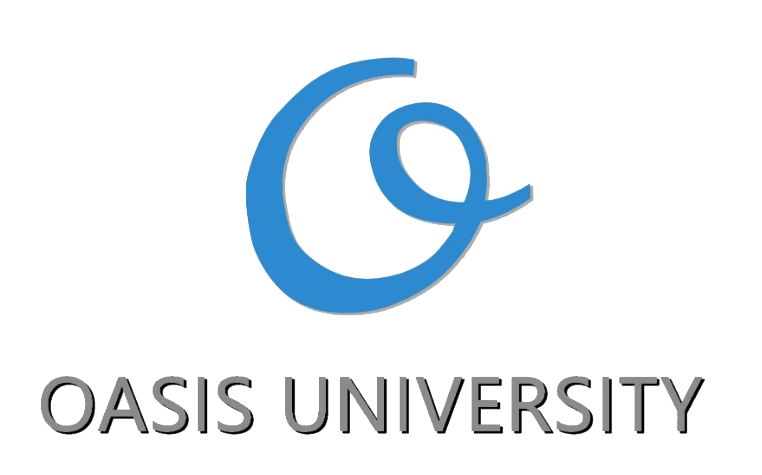
The Mission
Commitment to providing high-quality educational programs, supporting scientific research, partnership with the Egyptian society, and graduating medical professionals who are able to deal with rapid developments in the fields of practice, scientific research, and service to the environment and society
The Vision
- Graduating doctors with an internationally accredited scientific degree that enables them to work or complete their studies in all scientific centers and regional and international universities.
- Qualifying students academically and clinically in accordance with international and national standards for graduates of the Faculty of Medicine, enabling them to compete in the national, regional and international labor market.
- Preparing students in a way that enables them to be able to self- and continuous education, through the application of the latest findings of science in the methods of teaching and medical learning.
- Evaluation of students in objective and fair ways, allowing for the principle of equal opportunities among students.
Objectives
- Focusing on the student by applying the principles of self-education.
- Paying attention to solving medical problems and developing basic clinical skills from the beginning of joining the college. This is done through an integrative study of the human body systems.
- Orientation towards an integrative study system, both horizontally and vertically, to achieve integration between basic and clinical sciences.
- Relying on an educational system that balances between field training in the community and training in hospitals.
- The program includes elective courses that take into account the different interests of students and develop the mental and emotional skills necessary for graduates of the Faculty of Medicine.

The University grants, at the request of the Council of the College of Medicine, a bachelor’s degree in medicine and surgery after passing all compulsory and elective courses and fulfilling the requirements of the university.
Five years to obtain a bachelor’s degree in medicine and surgery.
The number of semesters during the five academic years equals 10 semesters.
The five academic years for obtaining a Bachelor of Medicine and Surgery are divided into three stages (levels) and include the following:
- The first stage: (Principles Level) and includes the entirety of the two semesters (1,2)
- The second stage: (Organ system Level) and includes the entirety of the two semesters (3,4,5)
- The third stage: (Clinical Level) which includes (semester 6, and a total of the two academic years 4,5)
The Faculty of Medicine at Oasis University consists of the following departments
- Department of human anatomy and embryology.
- Department of Histology (Histology and Cell Biology)
- Department of Medical Physiology (Physiology)
- Department of Medical Biochemistry
- Pathology Department
- Department of Medical Pharmacology
- Department of Medical Microbiology and Immunology
- Department of Ophthalmology
- Department of Ear, Nose and Throat (including speech pathology and audiology)
- Department of Forensic Medicine and Clinical Toxicology
- Department of Public Health and Community Medicine
- Department of Pediatrics
- Department of Internal Medicine
- Tropical medicine and gastroenterology
- Department of Chest Diseases
- Department of Neurology and Psychiatry
- Department of Clinical Pathology
- Department of Natural Medicine, Rheumatism and Rehabilitation.
- Department of Obstetrics and Gynecology
- Department of Surgery
- Department of Orthopedics
- Department of Urology and Reproductive Surgery
- Department of Neurosurgery
- Department of plastic surgery
- Department of Cardiothoracic Surgery
- Department of Vascular Surgery
- Department of Anesthesiology and Intensive Care
- Diagnostic Radiology Department
- Department of Oncology and Nuclear Medicine
- Department of Family Medicine
- Department of Dermatology and Venereology (including Andrology)
Studying in the college is regular, and the student must follow theoretical, scientific, and clinical lessons and research halls. The college council has the right to decide to prevent the student from applying for some or all of the exams prescribed for a semester if he is absent from the study by more than 25% of the scheduled lessons. In the event that the college council decides to deprive the student Out of all semester exams, the student is considered to have failed in the semester in which he was prevented from taking exams.
Studying in the college is regular, and the student must follow theoretical, scientific, and clinical lessons and research halls. The college council has the right to decide to prevent the student from applying for some or all of the exams prescribed for a semester if he is absent from the study by more than 25% of the scheduled lessons. In the event that the college council decides to deprive the student Out of all semester exams, the student is considered to have failed in the semester in which he was prevented from taking exams.
Academic Elective Courses
- Medical education development
- Hospital Management
- Medical statistics
- History of Medicine
- Cardiopulmonary Resuscitation
- Multidisciplinary Approach to the diagnosis of Musculoskeletal Neoplasm
- Communication skills
- Molecular Medicine
- Infection Control
- Sport Medicine
- Sport injuries
- Nutrition
- How we breathe: Applied Pulmonary Physiology
- Drawing for seeing and understanding the human body
- Introduction to Anatomic Pathology
- Introduction to Disaster Management
- Introduction to real world of Public Health
- Personalized Medicine: The Impact of Molecular testing on Patient Care
- Research methodology
- Neuro-anatomy: Applied – Stroke by Stroke
- Refugee Health
- Health Economics
- Orthopedic Surgery Sports Medicine
- Introduction to regional Anesthesia
Activities Electives
- Team sport I (Soccer – Handball)
- Team sport II (Basket Ball & Volley Ball)
- Life time Sports (Swimming, squash, tennis & table tennis)
- Marshall & Self-defense Sports (Boxing, taekwondo)
- Scouting and camping
- Acting
- Music (Music, singing and Choir)
- Science Club
- Plastic Arts (Painting, drawing, designing and Pottery)

